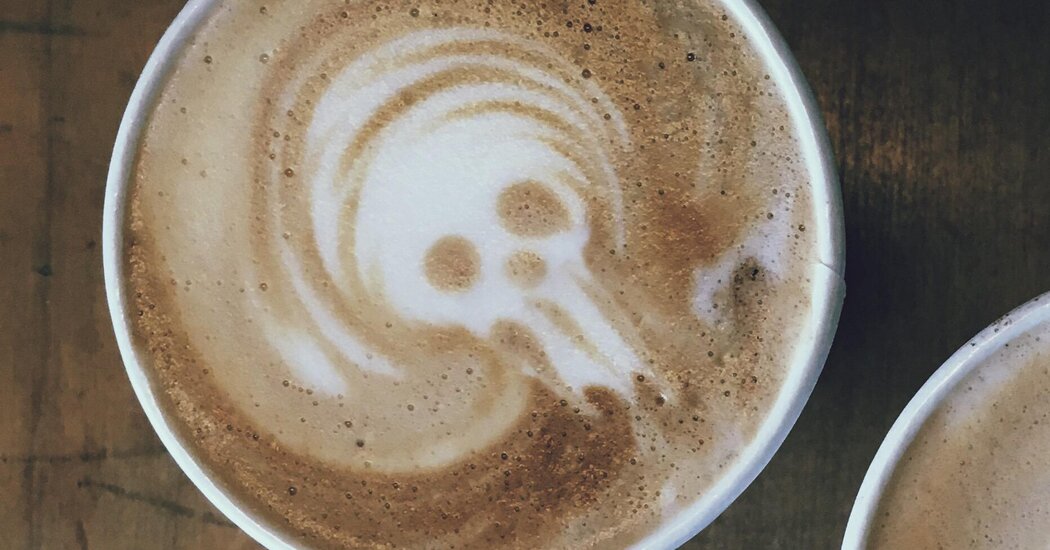
There’s a keening sound coming from America’s co-working spaces, third-wave coffee shops, and mommy-and-me yoga classes.
Perhaps you’ve heard it, as if 72.2 million complaints rang out in unison: grumblings of sore joints from high-intensity interval training, of parties held in distant neighborhoods on weeknights; grievances about the resurgence of Y2K style, the onset of hair loss, the strength of contemporary marijuana.
Millennials have grown up. We’ve hit middle age, started to show signs of aging — even of aging out of the internet and into something called “millenopause.” We now have to work harder than ever to stay culturally relevant, as Gen Z and (gasp) Gen Alpha seize the attention of marketing departments and the media.
While it’s true that the generation born in the years from 1981 to 1996 is getting older — as is the way of all life — we are obviously not actually old, except by the stretch of our own fevered imaginations. Millennials are currently between 28 and 43, which means a significant number of us are still too young to run for president. A 36-year-old is smack dab in the middle of the generational cohort, falling well within the psychologist Erik Erikson’s “early adulthood” stage of psychosocial development.
Even if we grant that there are real things making millennials feel creaky — the traditional milestones of adulthood met or not met, the 20th anniversary of “Mean Girls” and the confusing craze for Stanley water bottles — there is something a bit odd about calling so much attention to our own generational obsolescence.






